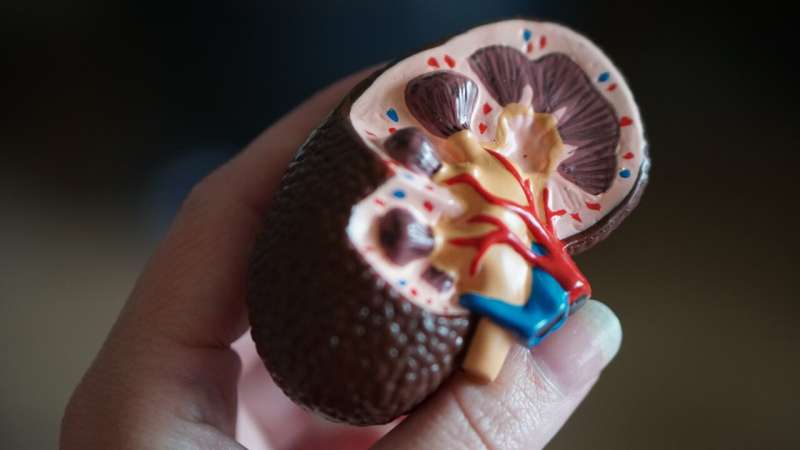WHO Confirms No Evidence of Harm from Vaccine Ingredient Opposed by US Panel

The World Health Organization affirms the safety of thimerosal, a vaccine preservative, amid recent US panel opposition. Extensive research shows no harm, reaffirming its vital role in global immunization efforts.
On June 27, 2025, the World Health Organization (WHO) announced that there is no evidence suggesting that the preservative thimerosal, used in some vaccines, causes harm to health. This statement comes amid recent developments where a US medical panel, appointed by Health Secretary Robert F. Kennedy Jr., voted to oppose longstanding recommendations supporting the use of vaccines containing thimerosal. The US panel's decision has sparked controversy, especially among anti-vaccine groups, despite extensive scientific evidence demonstrating the safety of thimerosal.
WHO vaccine chief Kate O’Brien clarified during a press conference that "there is no evidence of harm from the use of thimerosal," addressing concerns raised by the US panel's recent stance. She emphasized that thimerosal, which contains ethylmercury, has been thoroughly studied and found safe, with most concerns about it being based on false links to autism. In fact, in the 2024-2025 flu season, about 96% of US flu vaccines did not contain thimerosal, but it remains crucial in many lower-income countries where multi-dose vials are common, and the risk of bacterial contamination is higher.
Thimerosal has been phased out of most pediatric vaccines in the US since 2001, but it is still used in some vaccines because of its preservative properties. It helps prevent bacterial and fungal growth in multi-dose vials, ensuring vaccine safety during storage and administration. The preservative contains ethylmercury, which is processed and eliminated from the body more quickly than other types of mercury, posing minimal health risks.
The recent voting by the US panel has raised concerns among health experts, as it could be seen as influenced by anti-vaccine rhetoric. Kennedy's decision to dismiss all 17 members of the Advisory Committee on Immunization Practices (ACIP) has further fueled debates, especially as the new panel recommended removing thimerosal from influenza vaccines for children, pregnant women, and adults.
WHO maintains that a comprehensive review of existing data confirms the safety of thimerosal, underscoring its importance in maintaining global vaccine supplies. Ensuring widespread immunization, particularly in resource-limited settings, depends on such preservatives to deliver safe and effective vaccines.
For more information, see the full report at Medical Xpress.
Stay Updated with Mia's Feed
Get the latest health & wellness insights delivered straight to your inbox.
Related Articles
The Need for Standardized Guidelines in Dialysis Initiation During Pregnancy
A recent study calls for standardized guidelines for initiating dialysis during pregnancy to improve maternal and fetal outcomes in women with advanced CKD.
Genomic Study Reveals Early and Widespread Mpox Transmission in West Africa Before 2022 Pandemic
A groundbreaking genomic study uncovers that mpox was circulating in West Africa years before the 2022 outbreak, highlighting the importance of improved surveillance and healthcare access to prevent future pandemics.
Potential of Alcohol-Based Medication to Reduce Cell Death After Trauma, Especially in Females
Disulfiram, a medication for alcohol dependence, shows promise in reducing trauma-induced cell death and inflammation, with particularly strong effects observed in females. This research opens new avenues for gender-specific trauma therapies.



